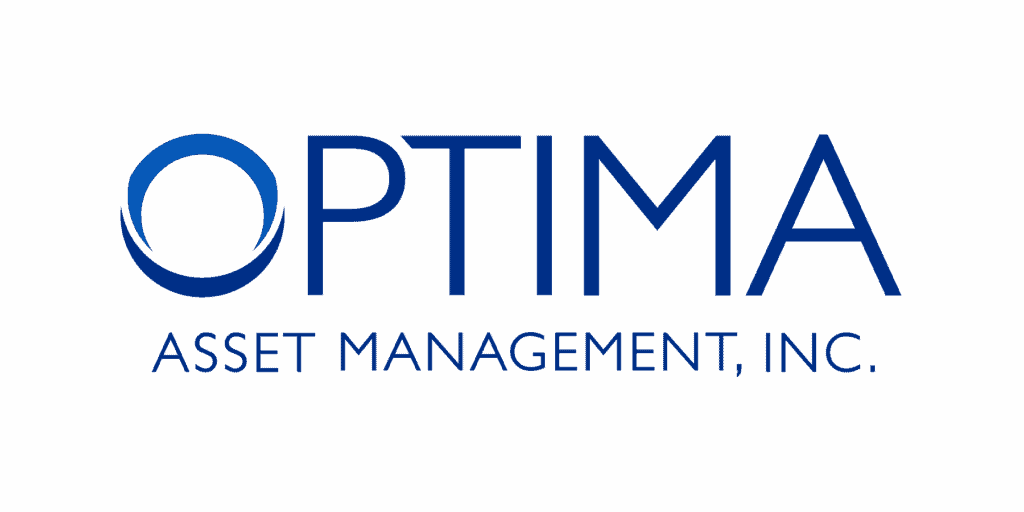Family stewards charged with the responsibility of maintaining and directing the complex operations of high-net-worth or ultra-high-net-worth family enterprises often find themselves facing many of the same challenges as the CEO of a corporation. Multitudes of decisions, from property management to taxation to philanthropic focus—and many others besides—must be both correct and timely in order to ensure the ongoing success and impact of the family financial legacy.
And, just as most corporations require the oversight and coordination of a chief financial officer (CFO) to support and assist the efforts of the CEO, so a large and complex family estate requires a “quarterback” to ensure that the advisory team—including taxation, legal, risk management, and other experts—is operating from the same “playbook.” Such an individual will ideally possess the professional credentials, expertise, and experience that enables them to embrace the task capably and efficiently. And at the same time, a personal CFO can take a big load off the shoulders of the leader of the enterprise, freeing them up to spend more time providing the vision and strategic direction that propels the effort and drives the legacy.
The function can be carried out by an individual or by an organization, such as a wealth management firm or family office (a company that provides investment and wealth management for one or a handful of wealthy families). The important thing is that the function is entrusted to an entity capable of assuming fiduciary responsibility, requiring that any actions or recommendations place the interests of the family ahead of everything else.
What to Expect
Overseeing the financial functioning of a high-net-worth family enterprise can encompass many areas beyond investment management. The manager might be expected to oversee day-to-day financial operations of the family, including the timely payment of bills and other obligations. They might also be entrusted with lifestyle support by managing personal financial matters such as disbursements from trusts and other forms of income payments to family members and others associated with the estate.
Duties would also typically include various accounting and record-keeping functions necessary to maintaining the finances of the household in good order. Thus, family income and expenditures (cash flow) can be coordinated in a controlled environment. This would also extend to helping the family manage credit and lending needs, which can often be both extensive and complex for large estates.
It is not unusual for high-net-worth estates to comprise significant holdings in real estate, collectibles, and other less liquid assets. The financial manager would typically be charged with oversight of these assets, including ensuring the good repair and readiness of income properties, accounting for related income and expenses, and general management. Having a professional dedicated to this task alone can save untold hours for the leaders of the family enterprise.
Another area of responsibility might include oversight and administration of staff employed by the family. The CFO might be expected to assume or direct payroll and human-resources functions while maintaining the efficiency and dependability of employees, contractors, and others.
Risk management is another area where the CFO can exercise oversight. By ensuring that all properties have appropriate insurance coverage and also that the family is correctly utilizing various life, health, and liability policies, the financial manager helps the enterprise avoid incurring undue risk of legal or other liability.
Another area where a personal CFO can provide assistance is in management of the estate’s philanthropic goals and efforts. By ensuring the proper use of various charitable trusts and other instruments, the manager can help the family achieve and perpetuate its most cherished philanthropic goals in a tax-efficient and legally compliant manner.
Additionally, as mentioned previously, the CFO can work to coordinate the family’s various experts in taxation, estate planning, investment, and other areas. Such coordination can greatly improve the efficiency of the estate and its ability to perpetuate the family legacy for future generations.
How to Know if You Need a Personal CFO
Most decisions to obtain the services of a private financial management officer will be driven by the complexity of the estate and the time demanded to oversee it properly. Such duties can detract from attention to career, family, or personal interests. Shifting these matters to the attention of a dedicated professional can greatly improve quality of life.
Also, certain significant life events that can trigger the need for the services of a personal CFO. For example, a terminal illness or the death of a spouse can necessitate working with a personal CFO, especially if the person who is ill or recently passed away managed the details of the family’s finances. A personal CFO can step in to take over that important role.
As a trusted member of the family enterprise, a personal CFO can help design the long-term vision and goals for the enterprise and then provide the day-to-day oversight that helps those goals become reality. As a fiduciary wealth and asset manager, Optima Asset Management possesses the credentials, expertise, and experience to help wealthy individuals have more time to pursue their passions.
To learn more about how we work with high-net-worth families to build multigenerational legacies, please visit our website and read our article, “Making Sure They Know: Passing the Torch to the Next Generation.”









